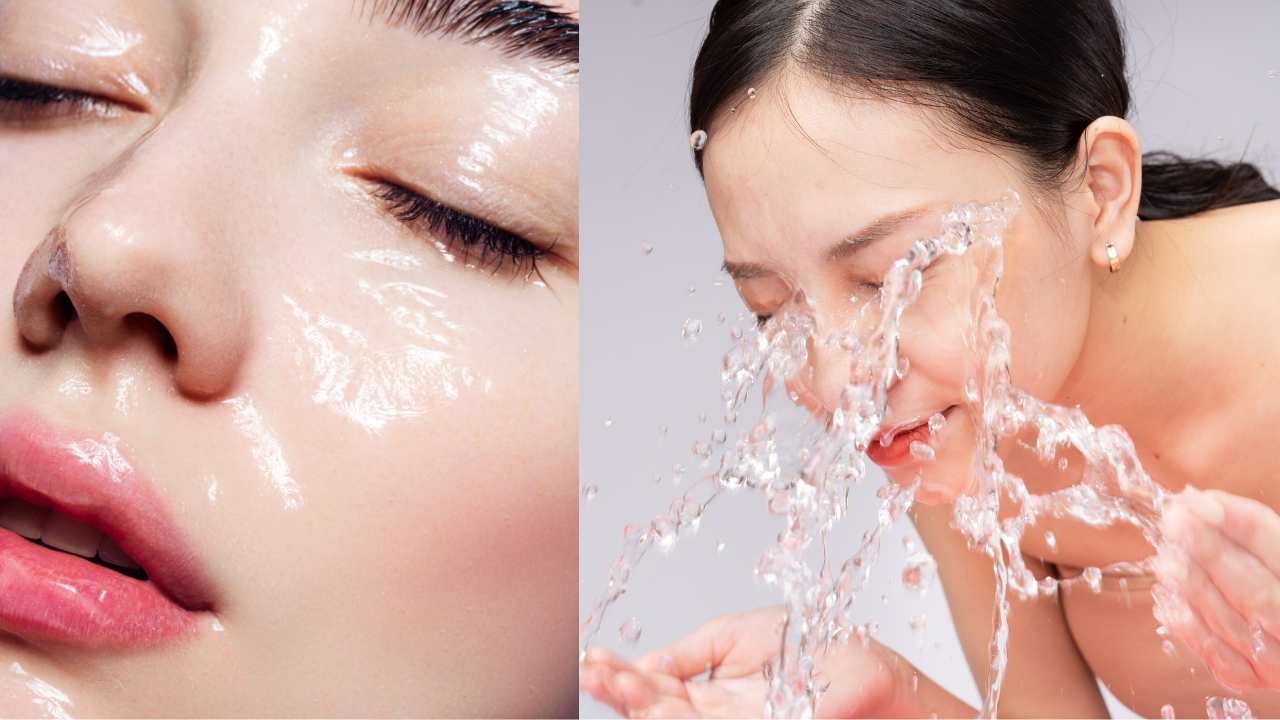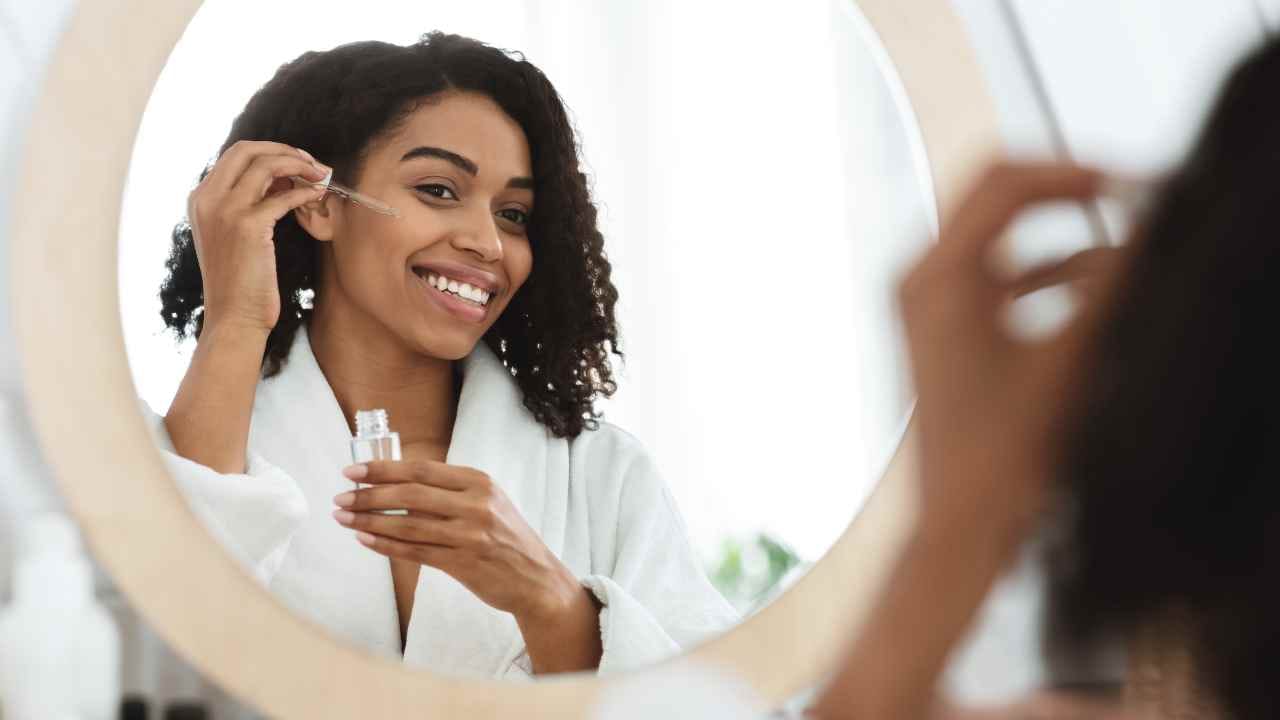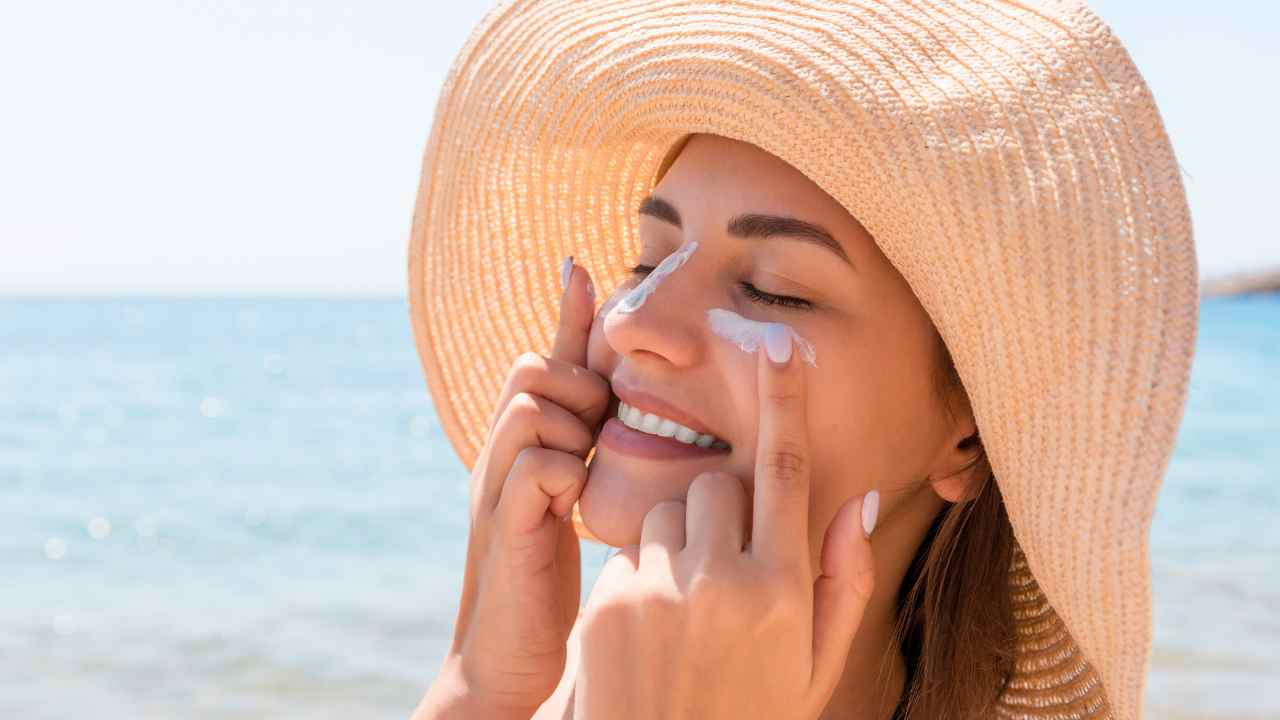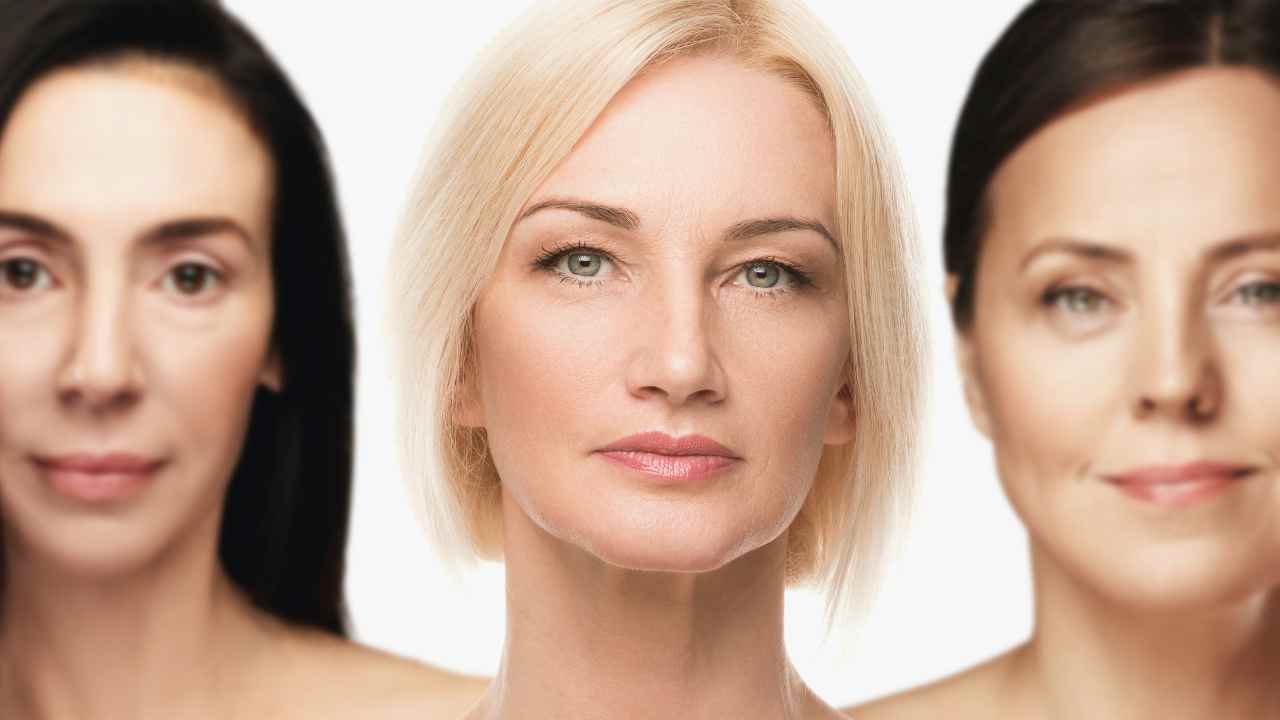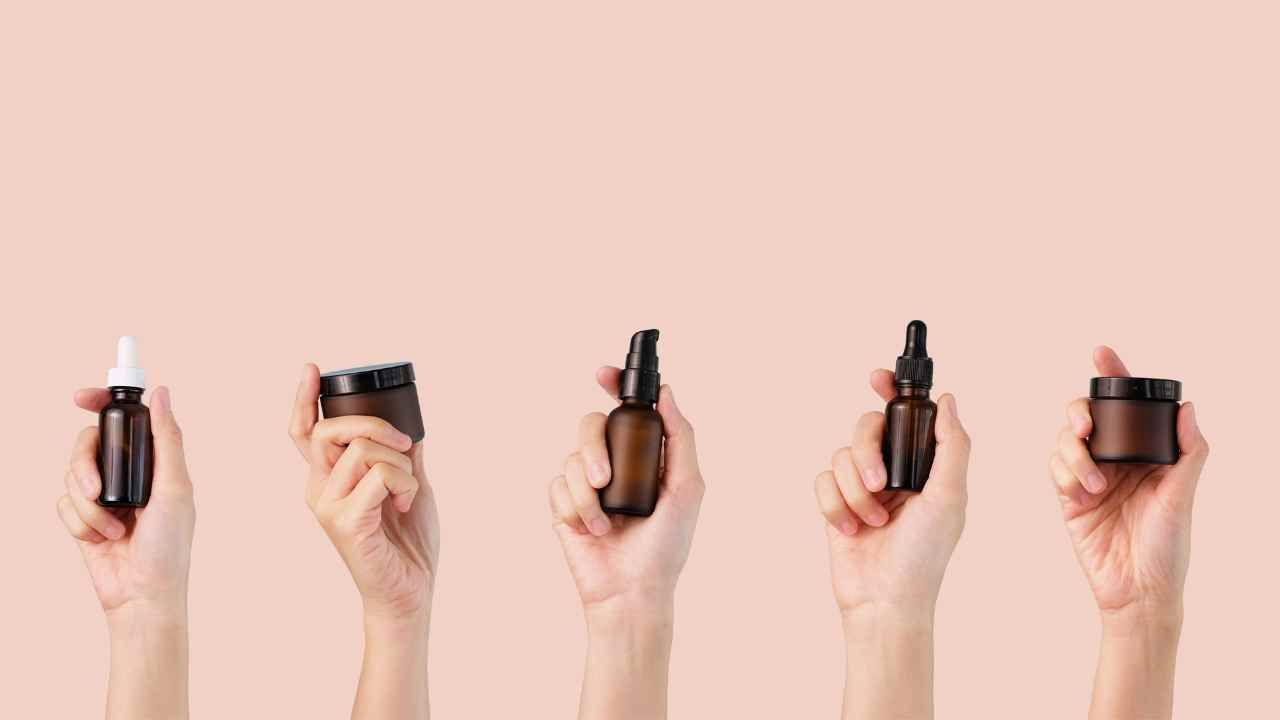
Can You Use Peptides with Retinol? What You Need to Know!
If you’re a skincare enthusiast, chances are you’ve heard of both peptides and retinol. We often recommend certain skin care routines to our clients that incorporate these two power ingredients- but can they really be used together?
As it turns out, there is no one-size-fits all answer when it comes to combining the dual benefits of peptide and retinol in your daily skin care regimen.
So let's dive into the details about what each does for your skin, how they work best on their own and in tandem — plus some tips on how to use them without any skin irritation or overloading your delicate skin!
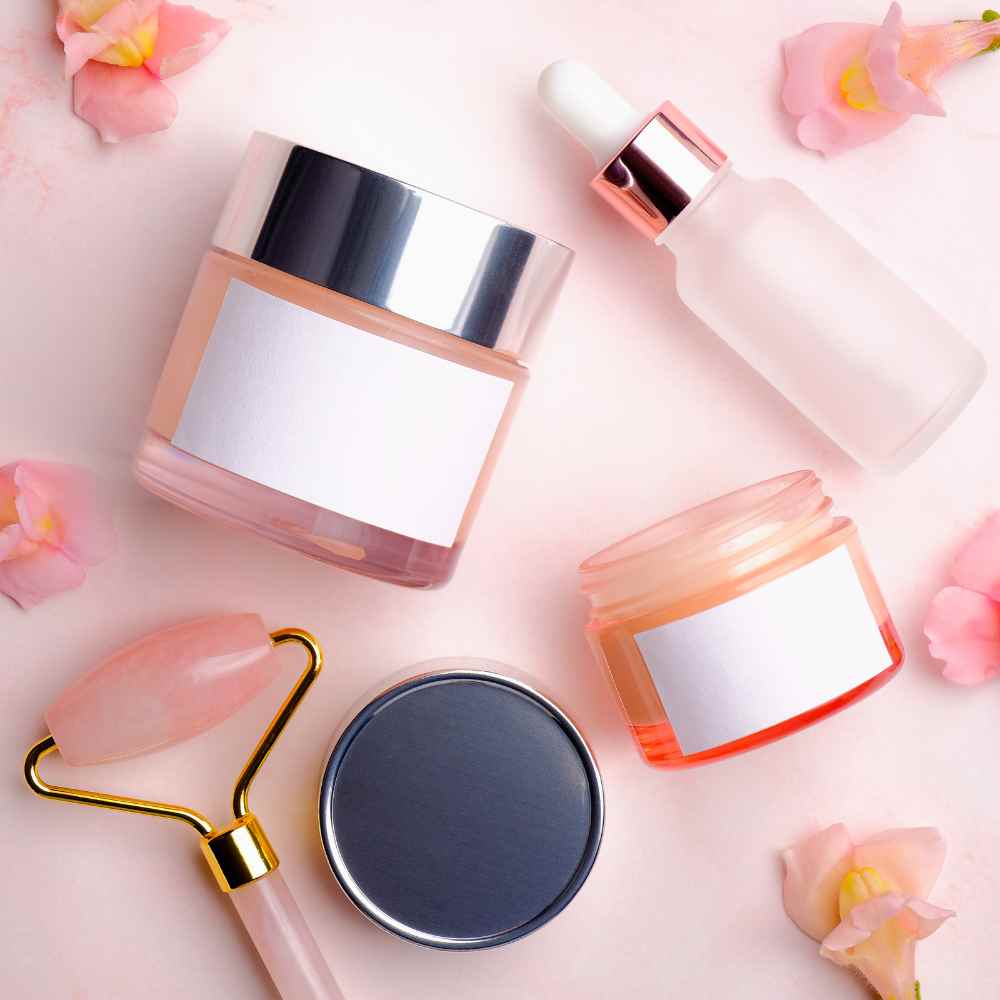
What are Peptides in Skincare?
Peptides for skin are a type of skincare ingredient that helps to improve the firmness and elasticity of sagging skin.
Peptides are short chains of amino acids that work by helping to stimulate collagen production in the dermis (the inner layer) of the skin, which in turn helps minimize wrinkles and fine lines.
They can also help to reduce inflammation caused by environmental damage or aging; some peptide ingredients have been found to contain antioxidant properties that protect against free-radical damage from sun exposure or pollutants.
They can even help lighten dark spots and discolorations, brighten dull complexions, and make your skin appear plumper and more hydrated—all great news for anyone looking for an anti-aging solution!
Plus, peptides are generally considered safe enough for all types of skins, so you don't have to worry about any harsh side effects. Therefore if you’re looking for an easy way to start caring better about your skin health – peptides should be your go-to choice.
Dr. Whitney Bowe, a dermatologist, shares her favorite kinds of peptides for improved skin texture.
@drwhitneybowebeauty peptides + retinal = 💜 leave it to @drwhitneybowe to pick the 2 peptides with the most science behind them + add them to retinal for even more skin benefits #drwhitneybowebeauty #peptides #retinol #skincare #antiaging
♬ original sound - Dr. Whitney Bowe Beauty
@drwhitneybowe
What is Retinol in Skincare?
Retinol is an amazing skincare superstar ingredient, and for good reason! It’s a form of Vitamin A, which is essential for healthy skin.
Retinol works by speeding up the natural exfoliation process that happens when old cells are replaced with new ones on the surface of your skin.
This helps to reduce fine lines and wrinkles, unblock pores, and even out tone. It can also help even out your complexion as well as treat acne due to its anti-inflammatory properties.
Plus, because it’s such a powerful antioxidant it does wonders for protecting against environmental damage like pollution and sun exposure too.
So if you want smoother skin with fewer blemishes - this is definitely an ingredient worth considering adding into your regular skincare routine.
The Benefits of Peptides
Peptides offer a wide range of benefits that can complement the effects of retinol and enhance your skincare regemin. Here are some key benefits of peptides:
1. Collagen Boosting: Peptides can stimulate collagen production, which is crucial for maintaining skin firmness, elasticity, and a youthful appearance. By incorporating peptides into your routine, you can enhance the effects of retinol in promoting collagen synthesis and reducing the signs of aging.
2. Improved Skin Texture: Peptides can enhance the skin's texture by promoting cell turnover and supporting the production of key components like elastin. This helps to improve skin elasticity, reduce roughness, and achieve a smoother complexion.
3. Enhanced Moisture Retention: Some peptides, such as hyaluronic acid peptides, have moisturizing properties that help to improve the skin's hydration levels.
This can be especially beneficial when using retinol, as it can sometimes cause dryness or irritation. The presence of peptides can help counterbalance these potential side effects and keep the skin well-hydrated.
4. Soothing and Calming Effects: Certain peptides, such as tetrapeptides, have anti-inflammatory properties that can soothe and calm the skin. This can be particularly useful when incorporating retinol into your routine, as it can sometimes lead to temporary redness or irritation.
The Benefits of Retinol
Retinol is a superstar ingredient in the world of skincare, revered for its exceptional anti-aging benefits. Here are some key advantages of retinol:
1. Wrinkle Reduction: Retinol stimulates collagen production, which helps to diminish the appearance of fine lines and wrinkles. It can also improve uneven skin tone and texture, leaving the complexion smoother and more youthful-looking.
2. Improved Skin Tone: Retinol aids in reducing hyperpigmentation and promoting smoother skin. It can fade dark spots, sun damage, and acne scars, giving the skin a brighter and more luminous appearance.
3. Increased Cell Turnover: Retinol accelerates the skin's natural exfoliation process, which helps to shed dead skin cells and reveal fresher, healthier skin underneath. This leads to a smoother complexion and a more youthful glow.
4. Acne Management: Retinol has the potential to regulate sebum production and unclog pores, making it effective in managing acne-prone skin. By reducing inflammation and preventing the formation of new blemishes, retinol can contribute to clearer, healthier skin.
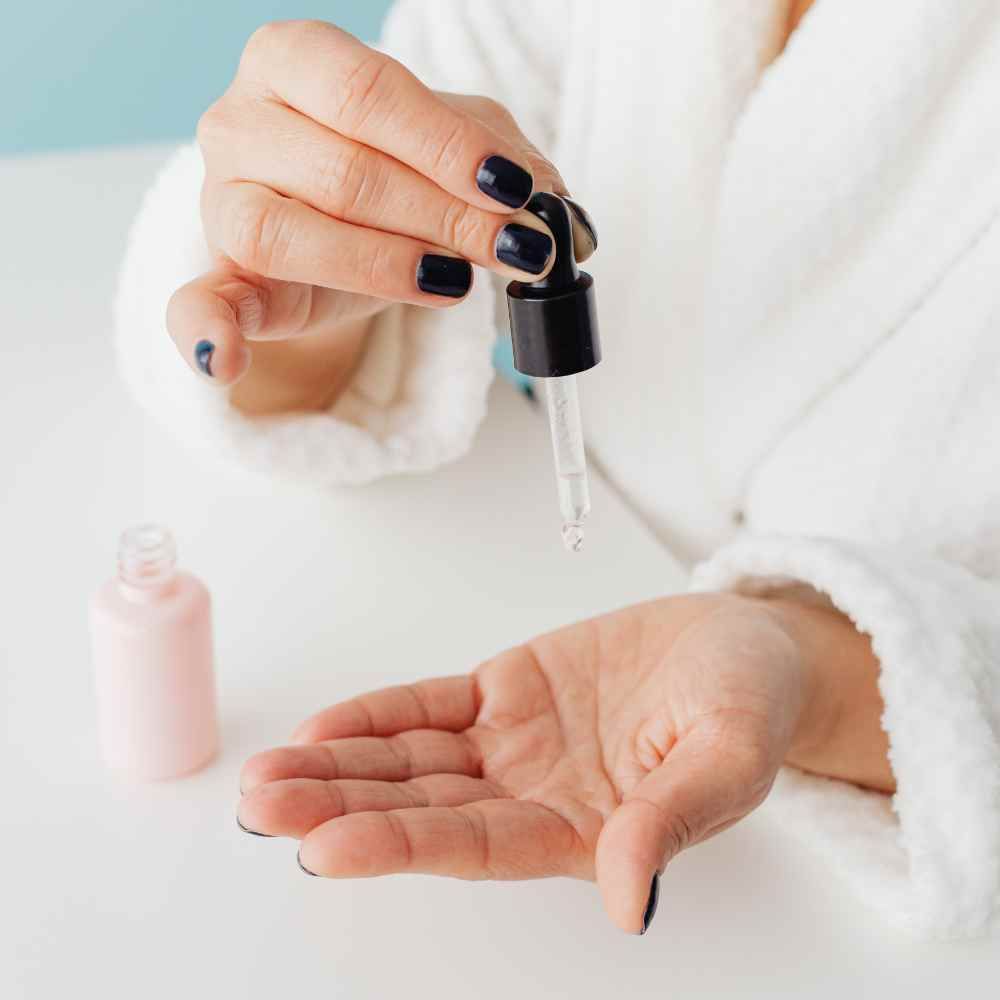
Using Peptides and Retinol Together:
The good news is that peptides and retinol can work harmoniously together to create a powerful skincare routine. However, there are a few considerations to keep in mind:
1. Start Slowly: If you're new to either peptides or retinol, it's essential to introduce them gradually into your routine. Begin by using each ingredient separately to assess how your skin reacts. This is especially important if you have sensitive skin. Once your skin has acclimated to both, you can consider using them together.
2. Choose Compatible Formulations: Look for skincare products that contain both peptides and retinol or use separate products that complement each other. Ensure that the concentrations are appropriate for your skin type and needs.
3. Layering Order: When using both peptides and retinol, it's generally recommended to apply peptides first, followed by retinol. This allows the peptides to penetrate the skin and work their magic before the retinol takes effect.
You may have other serums you want to use as well, such as vitamin c serum. You can combine vitamin c with peptides. However, it's not recommended to use them at the same time as harsher skincare ingredients such as salicylic acid, benzoyl peroxide, or even glycolic acid.
4. Sun Protection: Both peptides and retinol can increase the skin's sensitivity to the sun. It is crucial to apply a broad-spectrum sunscreen with an adequate SPF during the day to protect your skin from harmful UV rays.
Retinol and Peptides: A Dynamic Skincare Duo:
Taking care of your skin should be an enjoyable activity, not a chore! With peptides and retinol in your arsenal, you can look forward to glowing, healthy skin for years to come.
What’s more - you’ll probably feel like a skincare wizard as these two ingredients team up to tackle signs of aging and uneven complexion like it’s no big deal.
It’s no wonder why they have become such stars in the beauty industry: combined, they truly work wonders to brighten skin!
Just remember to start slowly, choose compatible formulations, and always prioritize sun protection.
So, incorporate both peptides and retinol into your skincare routine today for unbeatable results in no time flat. You deserve fabulous skin that radiates from the inside out - let the power duo of peptides and retinol do the heavy lifting for you!



